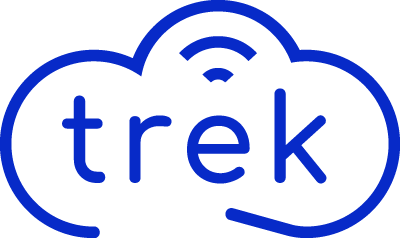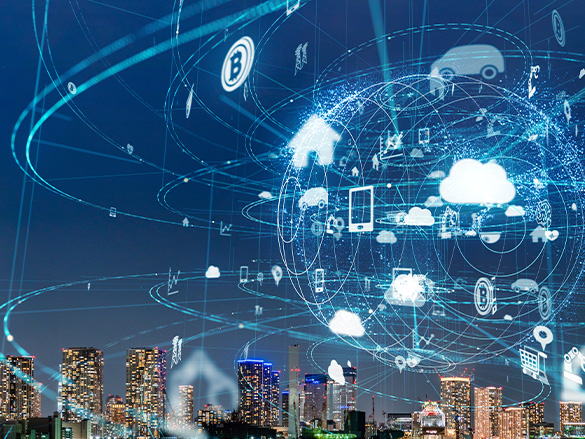Experienced – Talented – Professional
Smart Cities
Smart cities provide a solution to many problems related to growing urbanization as well as environmental issues which we as a society will have to face in following years. Regarding the development of the smart cities and its challenges, i believe that citizen’s participation will be an interesting factor in next years. Development of many services requires cooperation of citizens and, therefore, it would be crucial to find a way how to motivate people to engage in smart city activities. Because, even the best smart projects cannot be fully deployed without the cooperation of the citizens. That is the reason, why citizens should be in the center of attention when considering further research and development of smart cities.
Smart cities provide a solution to many problems related to growing urbanization as well as environmental issues which we as a society will have to face in following years. Regarding the development of the smart cities and its challenges, i believe that citizen’s participation will be an interesting factor in next years.
What is smart city?
A smart city is an urban area that uses different types of electronic methods and sensors to collect data. Insights gained from that data are used to manage assets, resources and services efficiently; in return, that data is used to improve the operations across the city.
This includes data collected from citizens, devices, buildings and assets that is then processed and analyzed to monitor and manage traffic and transportation systems, power plants, utilities, water supply networks, waste, crime detection, information systems, schools, libraries, hospitals, and other community services
Benefits
The smart city concept integrates information and communication technology (ICT), and various physical devices connected to the IoT (Internet of things) network to optimize the efficiency of city operations and services and connect to citizens. Smart city technology allows city officials to interact directly with both community and city infrastructure and to monitor what is happening in the city and how the city is evolving. ICT is used to enhance quality, performance and interactivity of urban services, to reduce costs and resource consumption and to increase contact between citizens and government. Smart city applications are developed to manage urban flows and allow for real-time responses.A smart city may therefore be more prepared to respond to challenges than one with a simple “transactional” relationship with its citizens. Yet, the term itself remains unclear to its specifics and therefore, open to many interpretations.
Definition of Smart City
– The application of a wide range of electronic and digital technologies to communities and cities.
– The use of ICT to transform life and working environments within the region.
– The embedding of such Information and Communications Technologies (ICTs) in government systems.
– The territorialisation of practices that brings ICTs and people together to enhance the innovation and knowledge that they offer.



